¡Escuchemos una leyenda!
Valoración de la comunidad:
Última Actualización:
6 de Febrero de 2025 a las 15:33Jueves
20
de abril
¡Escuchemos una leyenda!
Aprendizaje esperado: participa en la lectura de leyendas.
Énfasis: escucha distintas leyendas cortas.
¿Qué vamos a aprender?
Conocerás y leerás algunas leyendas cortas.
¿Qué hacemos?
| Are you ready for your English class? Remember the materials for the class are: Notebook, pencil and colored. |
¿Están listas y listos para su clase de inglés? Recuerda que los materiales para esta clase son: Cuaderno, lápiz y colores. |

| Let´s start the class. Have you ever looked up at the moon and seen what looks like a rabbit? |
Iniciemos la clase. ¿Has visto que en la luna hay una forma que parece un conejo? |

| Would you like to know the reason? Let´s find out by listening the following legend. It is an adaptation of an ancient Aztec legend. The Rabbit in the Moon” Let´s start |
¿Te gustaría saber la razón? Vamos a descubrirlo escuchando la siguiente leyenda. Es una adaptación de una leyenda azteca antigua. ”El conejo en la luna” Iniciemos. |
The rabbit in the moon”
“El conejo en la luna”
| One day, hundreds of years ago, the god Quetzalcoatl decided to travel around the world. He looked like a snake adorned with green and gold feathers. In order not to be recognized he took on human form and set out on his journey. He visited many places and walked through many forests without rest. At the end of the journey, he felt very tired. So, He decided to rest and admire the nature. It was a beautiful summer night. The stars covered the sky like a huge blanket of diamonds, and next to them, a pretty moon was shining. After a while, he realized that a rabbit was looking at him, it was chewing something. What are you eating cute little rabbit? asked Quetzalcoatl. Just some fresh grass. If you like, I can share it with you. I'm very grateful, but humans don't eat grass. You look tired and I'm sure you want something to eat. You're right. I guess if I don't find anything to eat, I'll starve to death. The rabbit felt terrible. He couldn't let that happen! The rabbit offered himself to the god in an act of generosity. I am only a small rabbit, but if you want, I can feed you. Eat me and you will survive”.
|
Un día, hace cientos de años, el dios Quetzalcóatl decidió viajar por el mundo. Su aspecto era el de una serpiente adornada con plumas verdes y doradas. Para no ser reconocido tomó forma humana y emprendió su viaje. El visitó muchos lugares y atravesó muchos bosques sin descanso. Al final del viaje, se sintió muy cansado. Por tanto, decidió descansar y admirar la naturaleza. Era una hermosa noche de verano. Las estrellas cubrían el cielo como un enorme manto de diamantes, y junto a ellas, una hermosa luna brillando. Al cabo de un rato se dio cuenta de que un conejo lo miraba, éste estaba masticando algo. ¿Qué estás comiendo lindo conejito? Preguntó Quetzalcóatl. Sólo un poco de hierba fresca. Si quieres, puedo compartirla contigo. Te lo agradezco mucho, pero los humanos no comemos hierba. Pareces cansado y estoy seguro de que quieres algo de comer. Tienes razón, Supongo si no encuentro nada que comer, me moriré de hambre. El conejo se sintió muy mal. ¡No podía dejar que eso sucediera! En un acto de generosidad el conejo, se ofreció al dios. Sólo soy un pequeño conejo, pero si quieres, puedo alimentarte. “Cómeme y sobrevivirás”.
|
Repasa las siguientes palabras que fueron seleccionadas de la leyenda, para que sean parte de tu vocabulario:
| Grass | Hierba |  |
| Feathers | Plumas |  |
| Summer | Verano |  |
| Tired | Cansado |  |
| Nature | Naturaleza |  |
| Fedd | Alimentar |  |
Con estas seis palabras, puedes realizar un juego con un dado, que es justo los lados que tiene, y completar los siguientes seis enunciados. Lánzalo y el número que caiga será el enunciado que leas y deberás completar:
- Quetzalcoatl looked like a snake adorned with green ____________.
- At the end of the journey Quetzalcóatl felt _______________.
- It was a beautiful ________________ night.
- Quetzalcóatl sat down to enjoy the ________________.
- I am eating some fresh ________________“said the rabbit”.
- Rabbit said, “I can _________________ you”.
| Now we will share with you a Japanese version of this legend. | Ahora les compartiremos una versión japonesa de esta leyenda. |

Pon mucha atención, porque, después de que leas la leyenda, responderás algunas preguntas para ver si pusiste atención y para que descubras la diferencia entre las dos versiones.
Tsuki no Usagi
| Many years ago, an Old Man from the Moon decided to visit Earth. He disguised himself as a beggar and asked a Fox, a Monkey, and a Rabbit for some food. The monkey climbed a tree and brought him some fruit. The fox went to a stream, caught a fish, and brought it back to him. But the rabbit had nothing to offer him but some grass. So, he asked the beggar to build a fire. After the beggar started the fire, the rabbit jumped into it and offered himself as a meal for the beggar to eat. Quickly the beggar changed back into the Old Man from the Moon and pulled the rabbit from the fire. He said: "You are most kind, Rabbit, but don't do anything to harm yourself. Since you were the kindest of all to me, I'll take you back to the moon to live with me. The Old Man carried Rabbit in his arms back to the moon and he is still there. |
Hace muchos años un anciano que habitaba en la luna visitó la Tierra. Se disfrazó de pordiosero y les pidió comida a un zorro a un mono y a un conejo. El mono trepó a un árbol y le llevó fruta. El zorro fue a un arroyo, pescó un pez y se lo llevó al hombre. Pero el conejo no tenía nada más que hierba para ofrecerle. Así que le pidió al hombre que prendiera una fogata. Una vez que el fuego fue encendido, el conejo saltó en él y se ofreció a sí mismo al hombre para ser comido. Rápidamente el pordiosero se transformó nuevamente en el hombre de la luna y sacó al conejo del fuego. El hombre dijo: eres muy amable pero no te hagas daño. Como fuiste el más amable de todos, te llevaré a la luna a vivir conmigo. El Viejo cargó al conejo en sus manos y se lo llevó a la luna y hasta la fecha el conejo sigue ahí. |
Esa es la versión japonesa de la leyenda del conejo en la luna. ¿Te gustó?
En la leyenda azteca es el dios Quetzalcóatl el que visita la Tierra, pero en la versión japonesa es un anciano que habitaba en la luna el que llega a La Tierra.
| That´s the first difference. Let´s continue. The man from the moon disguised himself as a:
Correct, The man from the man disguised himself as a beggar. The man asked three animals for their help, can you tell me which animals are these?
Correct, a fox, a rabbit and a monkey. What did the monkey offer to the man from the moon?
Correct, the monkey offered fruit. What did the fox offer?
Correct, fish. What did the rabbit offer?
Correct, its section. |
Esa es la primera diferencia. Continuemos. El hombre de la luna se disfrazó de:
Correcto, El hombre de la luna se transformó en un pordiosero. El hombre pidió a tres animales su ayuda, ¿puedes decirme qué animales son estos?
Correcto, un zorro, un conejo y un mono. ¿Qué le ofreció el mono a el hombre de la luna?
Correcto, el mono le ofreció fruta. ¿Qué ofreció el zorro?
Correcto, pescado. ¿Qué ofreció el conejo?
Correcto, su cuerpo. |
Recuerda que es muy importante que todo lo que aprendiste hoy, lo sigas poniendo en práctica.
| I well see you son! | ¡Nos vemos pronto! |
¡Buen trabajo!
Gracias por tu esfuerzo.

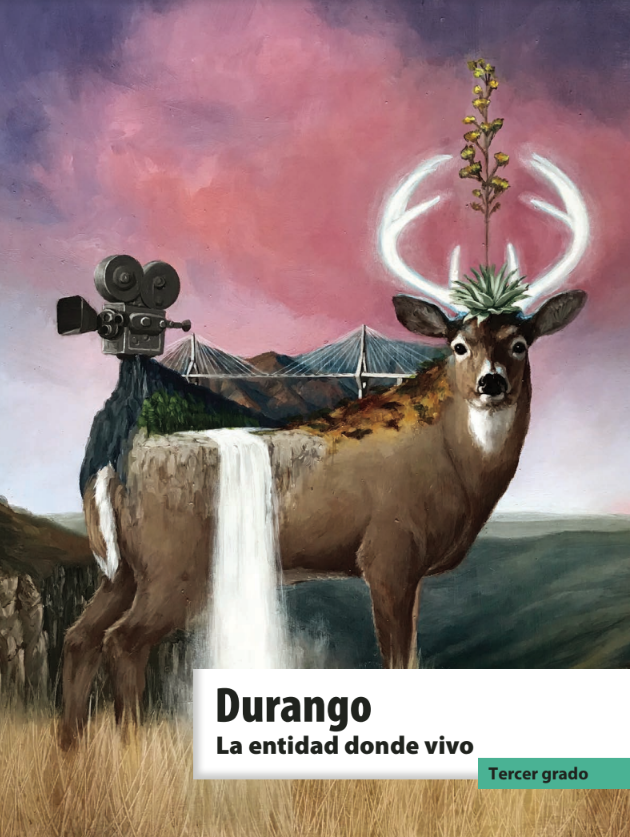
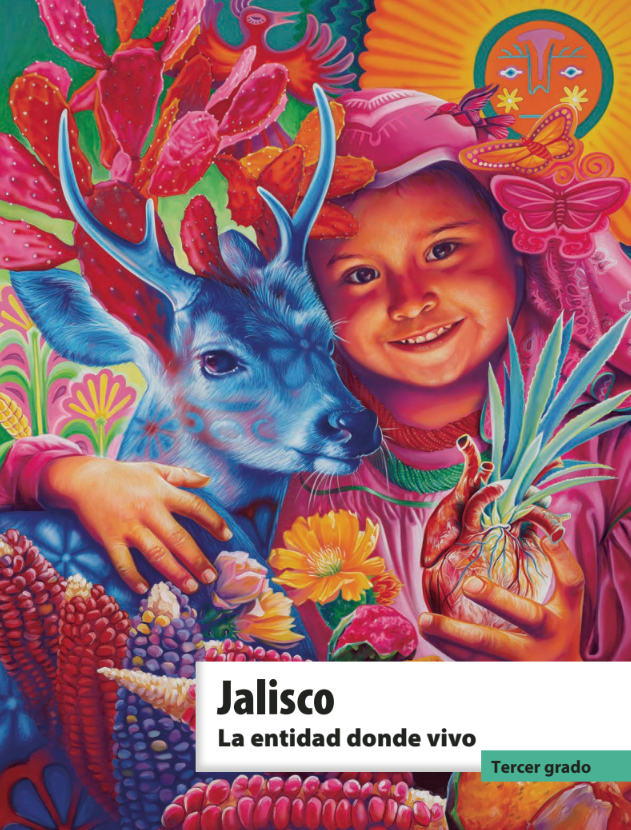
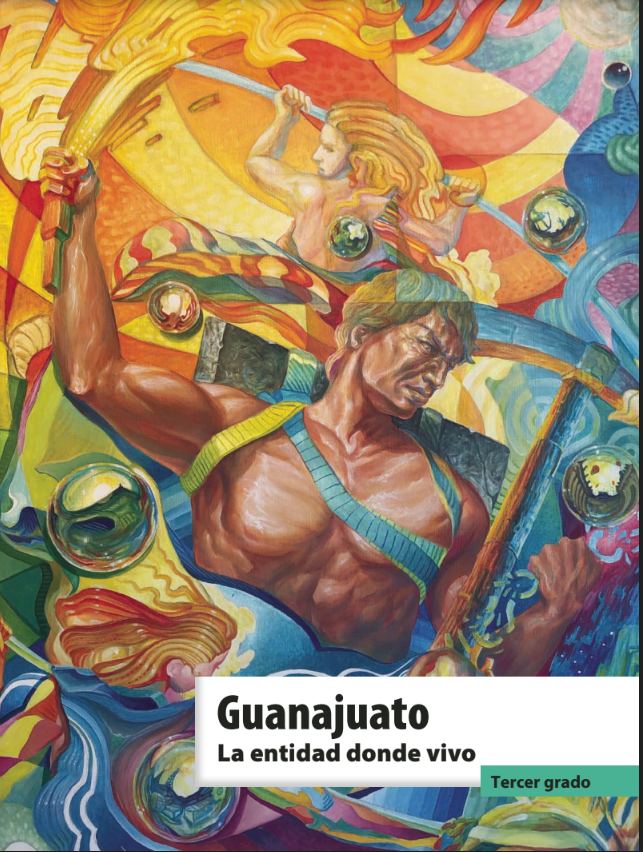
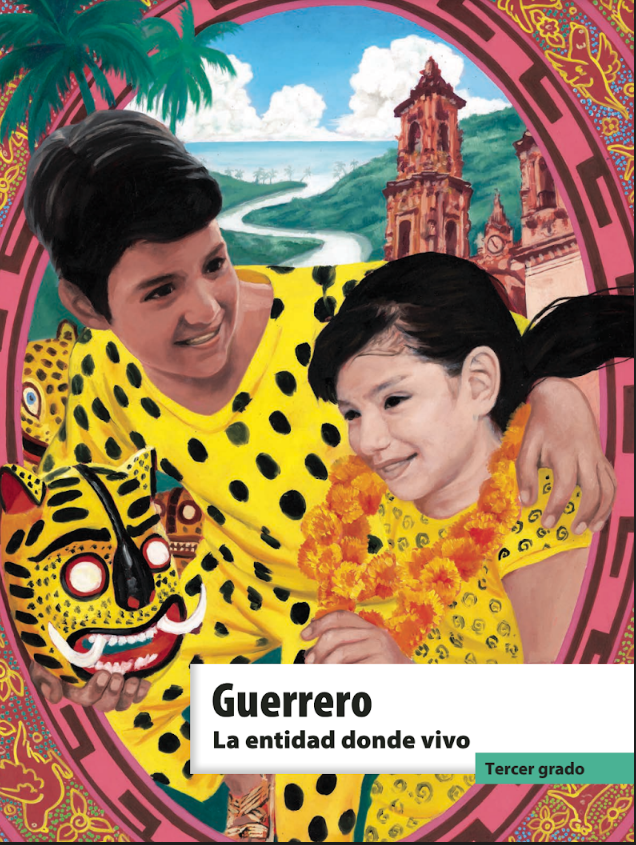
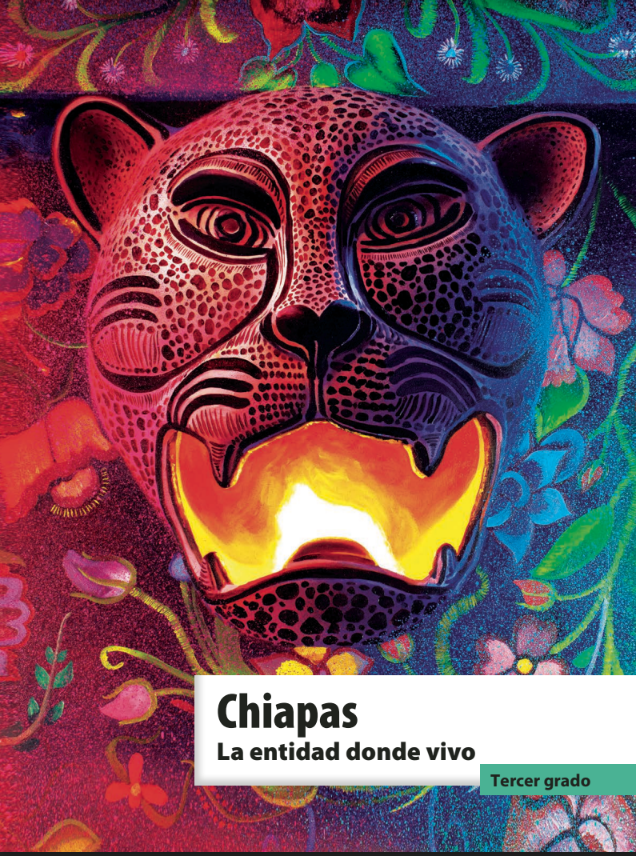

Login to join the discussion